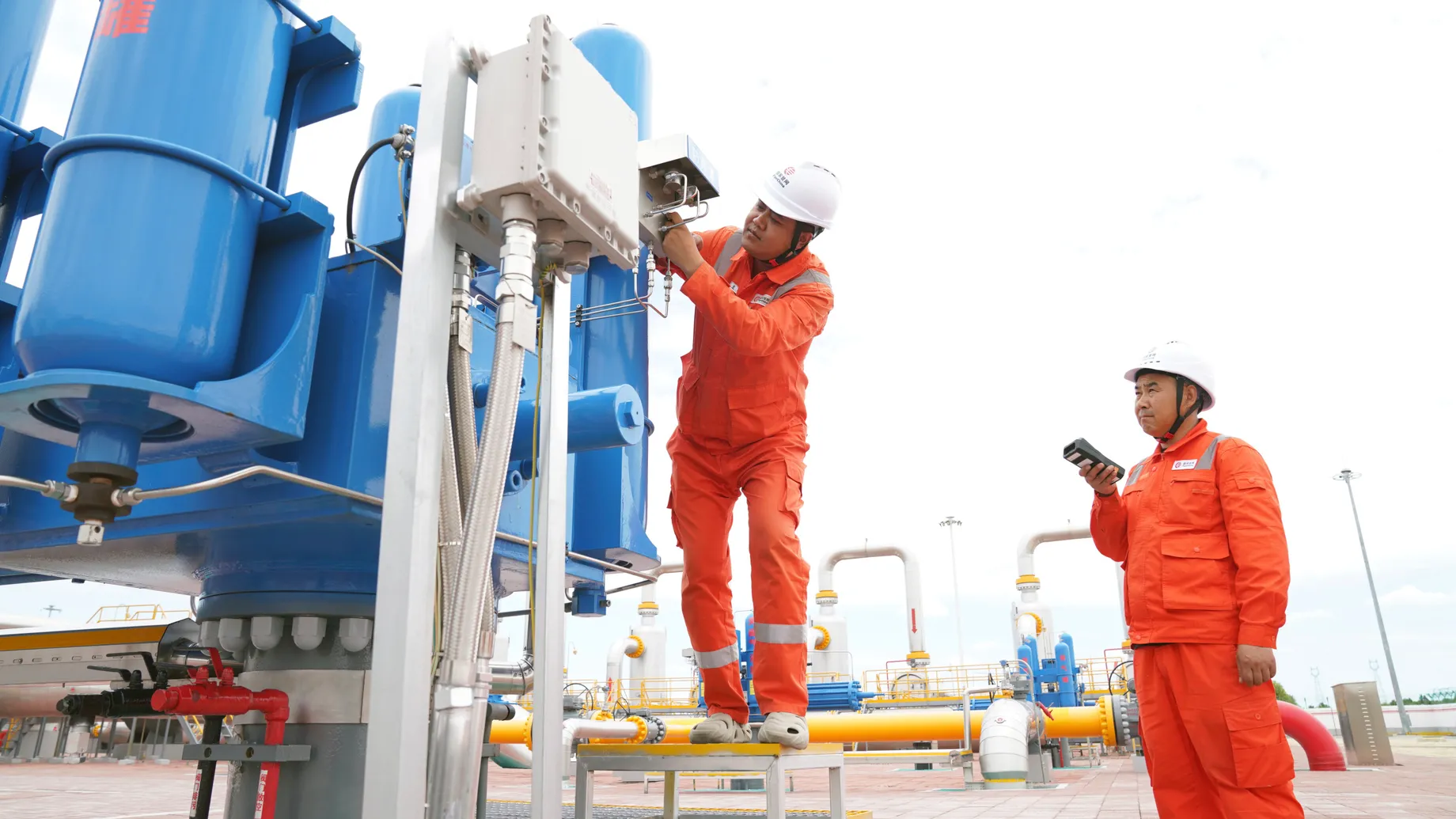China has issued a sharp rebuke of U.S. President Donald Trump following his threat to impose sweeping tariffs on countries that continue trading with Russia. Beijing condemned the move as a form of political coercion and economic blackmail. The statement came after Trump announced that the United States would impose 100% tariffs on imports from nations such as China, India, and Brazil if they fail to reduce ties with Moscow.
“Coercion and pressure won’t solve any problems,” said Chinese Foreign Ministry spokesperson Lin Jian. He added that China firmly rejects all unilateral, illegal sanctions and the extraterritorial application of U.S. law. According to Lin, “China will safeguard the legitimate rights and interests of its companies.”
An Ultimatum from Washington
In an effort to increase pressure on Moscow over the war in Ukraine, Trump made a forceful announcement on Monday. If, he said, a peace deal is not reached within 50 days, the U.S. will introduce 100% tariffs on imports from countries that are “funding Russia’s war machine” by purchasing discounted energy resources. These measures, Trump specified, would fall under secondary sanctions—penalties targeting third countries that maintain economic relations with sanctioned states.
In essence, the proposed tariffs are designed to hit those nations that continue importing Russian oil and gas in defiance of Western restrictions. This stance has raised concerns in Beijing, especially given the steadily growing trade volume between China and Russia.
Strategic Alignment Between China and Russia
As Washington ramps up pressure, Beijing is signaling the opposite direction. According to China’s state news agency Xinhua, President Xi Jinping has expressed his intention to deepen strategic cooperation with Moscow. During a meeting with Russian Foreign Minister Sergey Lavrov in Beijing, Xi emphasized that China and Russia should “strengthen mutual support in multilateral forums” and work together to “promote the development of a more just and reasonable international order.”
“Beijing and Moscow must unite countries of the Global South and push for reforms of the global system in the interests of developing nations,” Xi said.
Lavrov’s visit to China followed a trip to North Korea. In Beijing, he met with his Chinese counterpart Wang Yi in preparation for an upcoming meeting of foreign ministers from the Shanghai Cooperation Organisation (SCO). According to Russian sources, another key purpose of the visit was to prepare for an upcoming trip by Russian President Vladimir Putin to China.
Neutrality in Name Only?
While China officially presents itself as neutral in the Ukraine conflict, it has never condemned Russia’s actions. Moreover, Western countries accuse Beijing of providing critical support to Moscow—economically, diplomatically, and possibly through technology. Trade between the two nations has reached record levels, and frequent high-level meetings reinforce suspicions that China’s neutrality is largely rhetorical.
The U.S., for its part, is trying to reverse this trend by intensifying sanctions and pressuring countries that have not joined the Western boycott of Russia. However, as Beijing’s statements indicate, this approach may be backfiring—pushing China and Russia into even closer alignment.
According to Der Spiegel, this growing confrontation between Washington and Beijing over the Ukraine war is no longer a matter of regional diplomacy. It is rapidly becoming part of a broader geopolitical contest for global influence.
This article was prepared based on materials published by Der Spiegel. The author does not claim authorship of the original text but presents their interpretation of the content for informational purposes.
The original article can be found at the following link: Der Spiegel.
All rights to the original text belong to Der Spiegel.


















